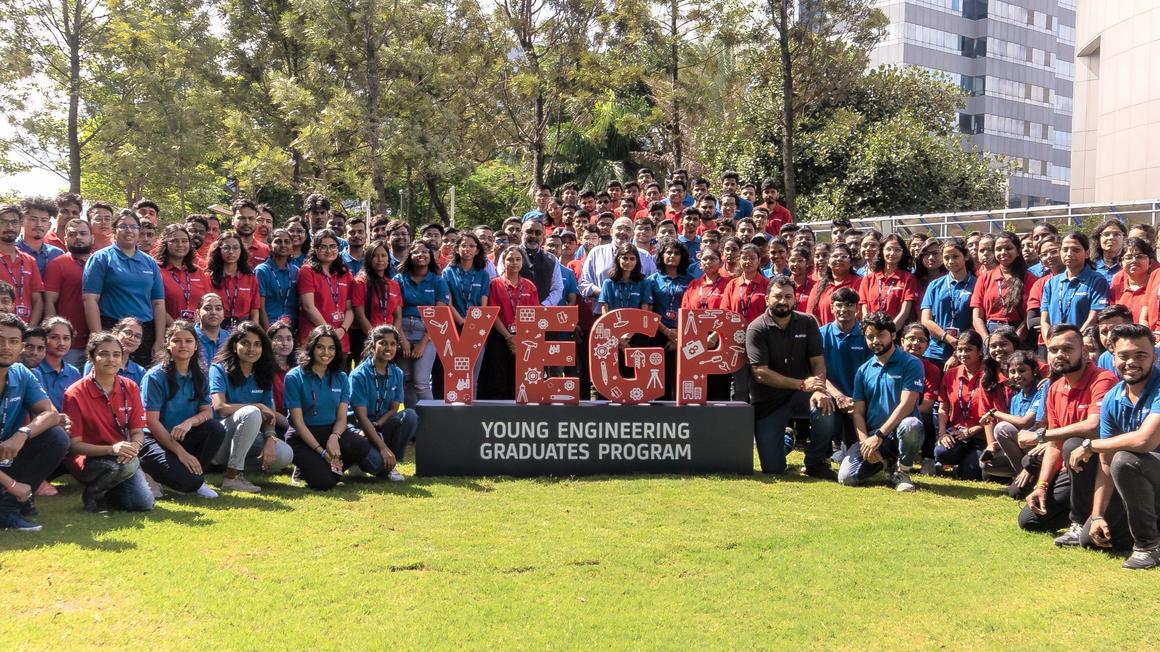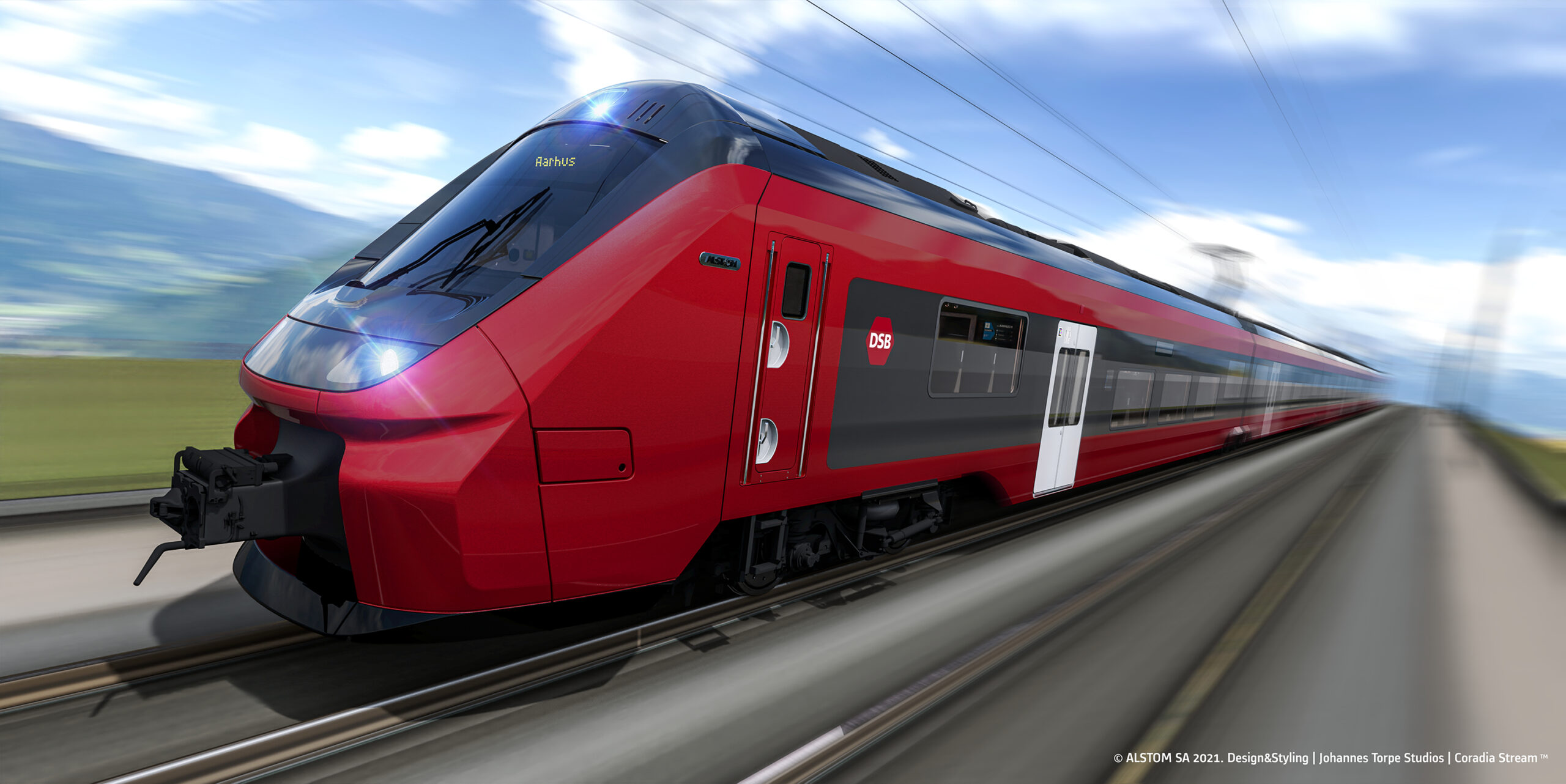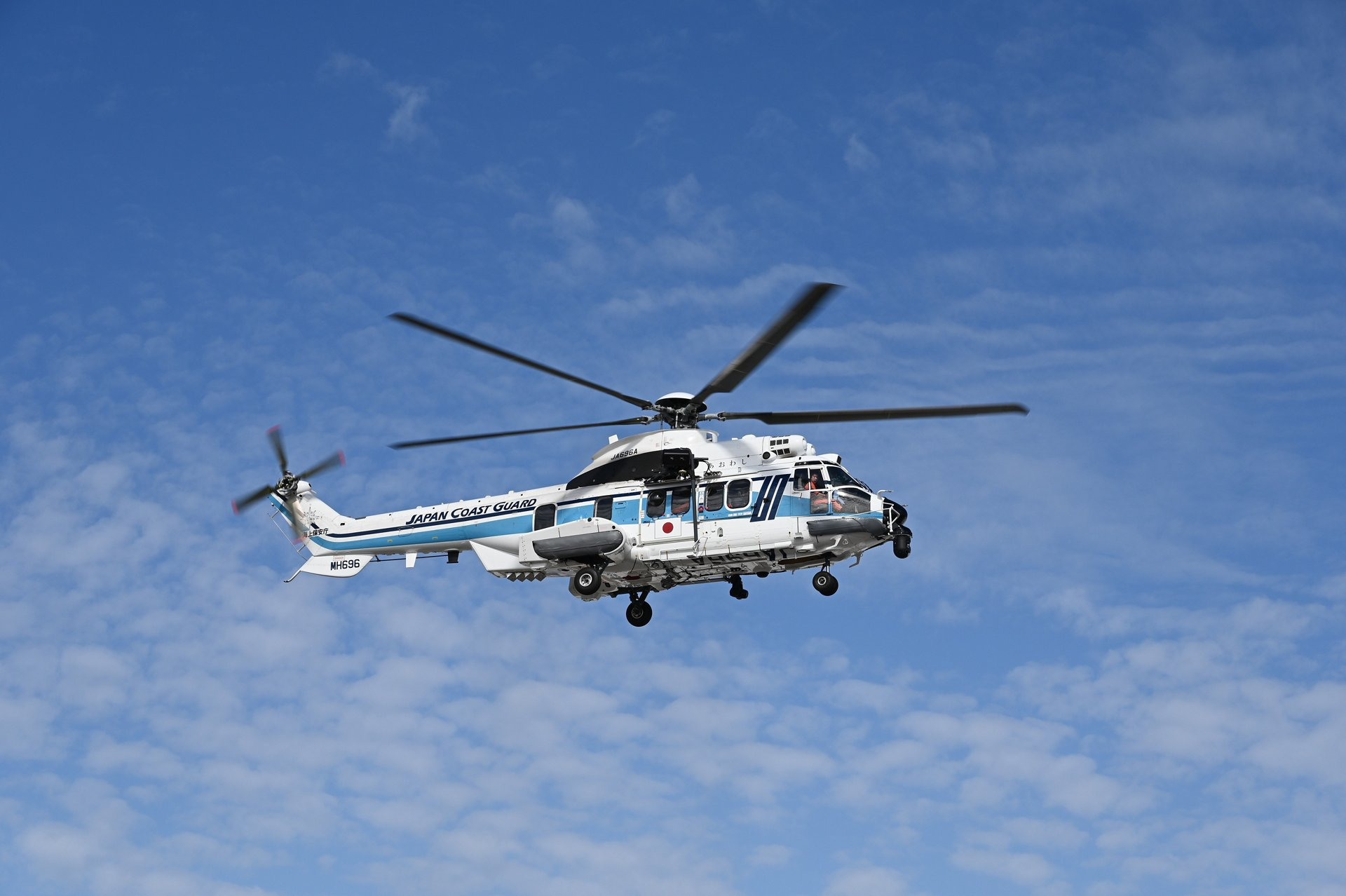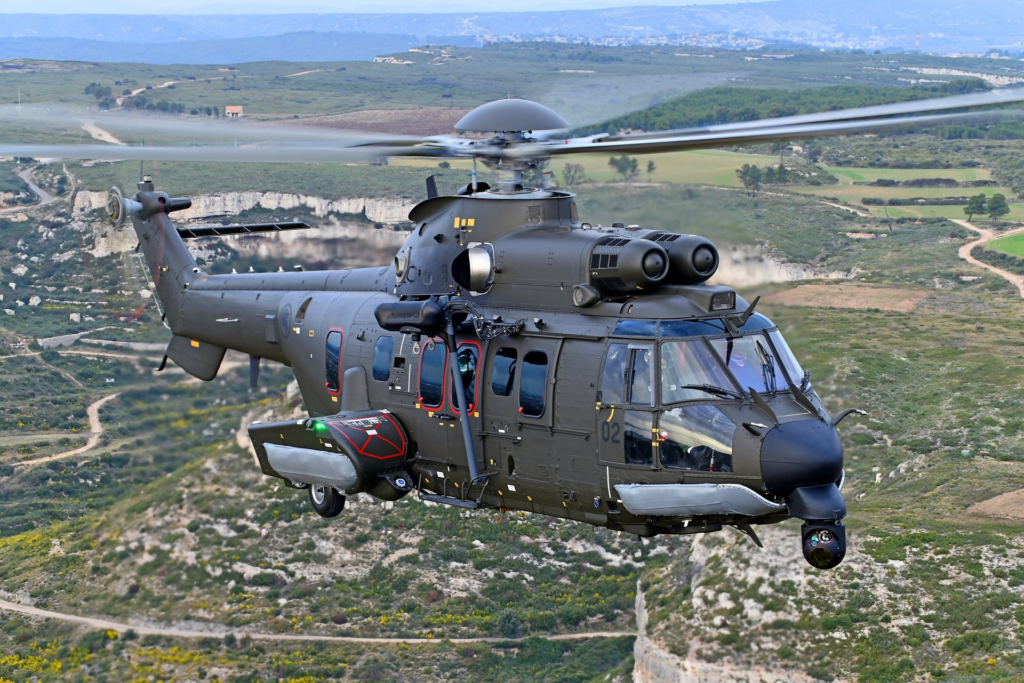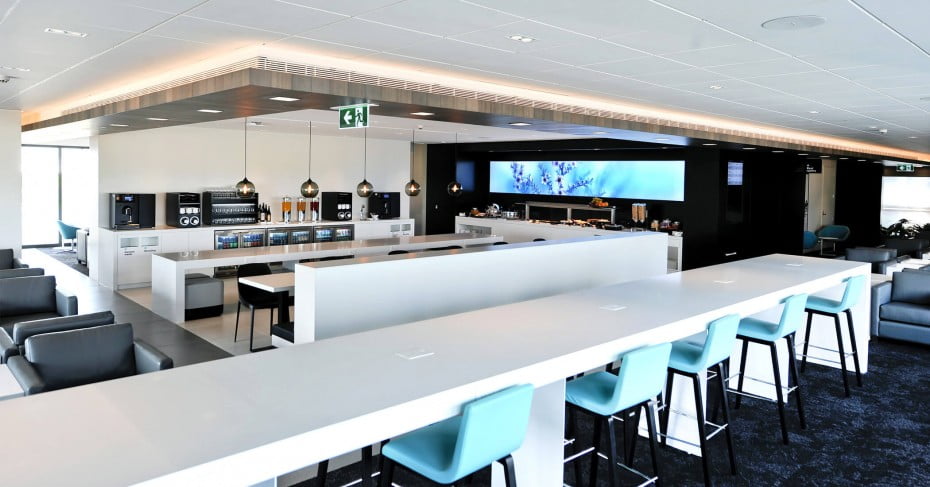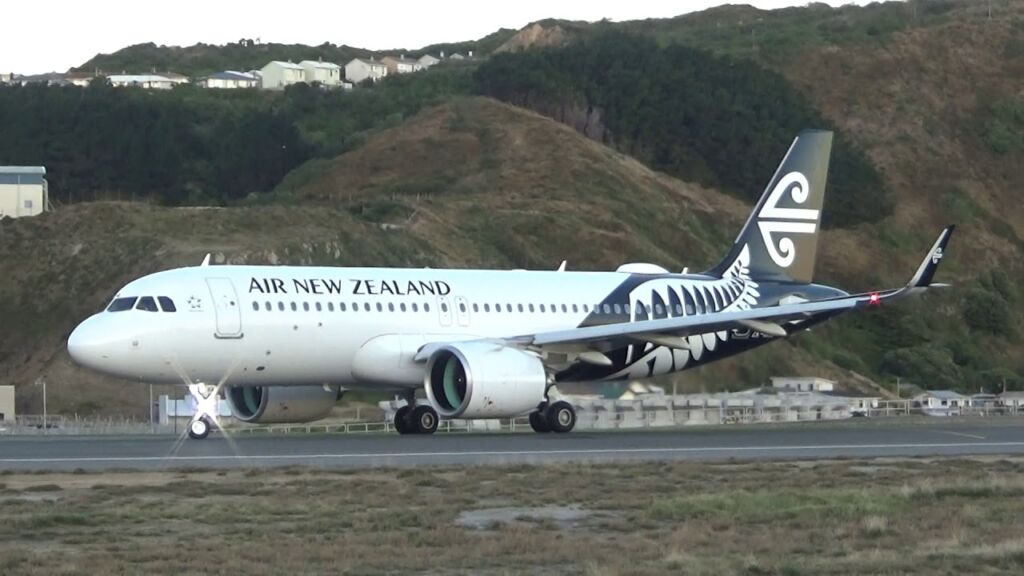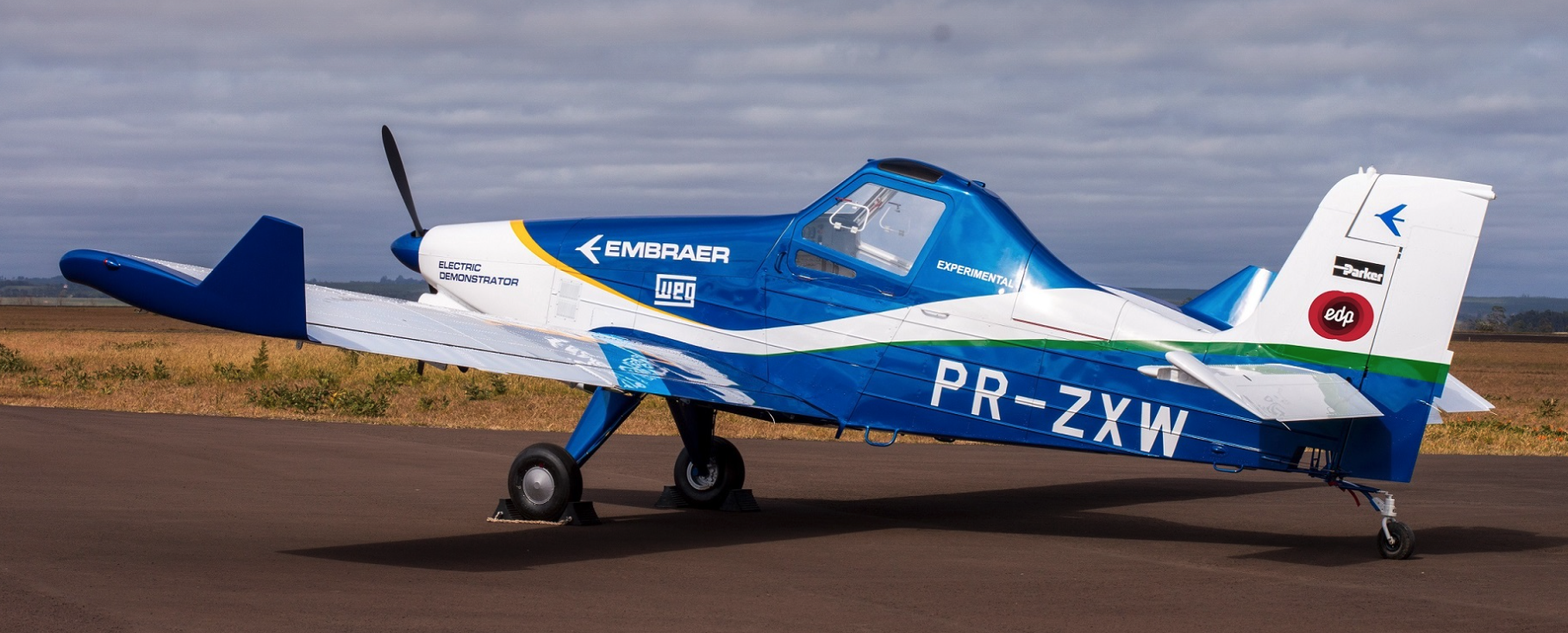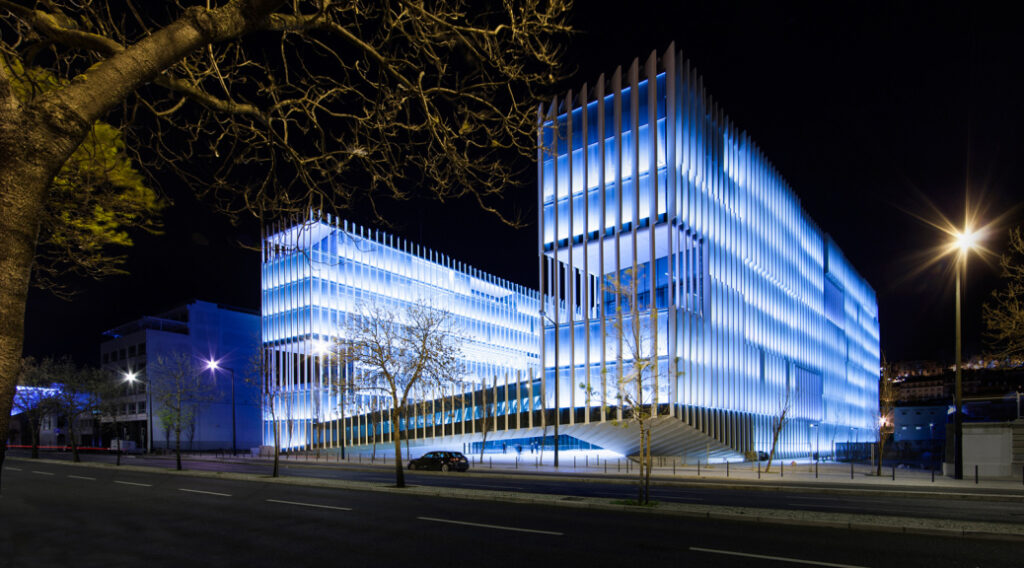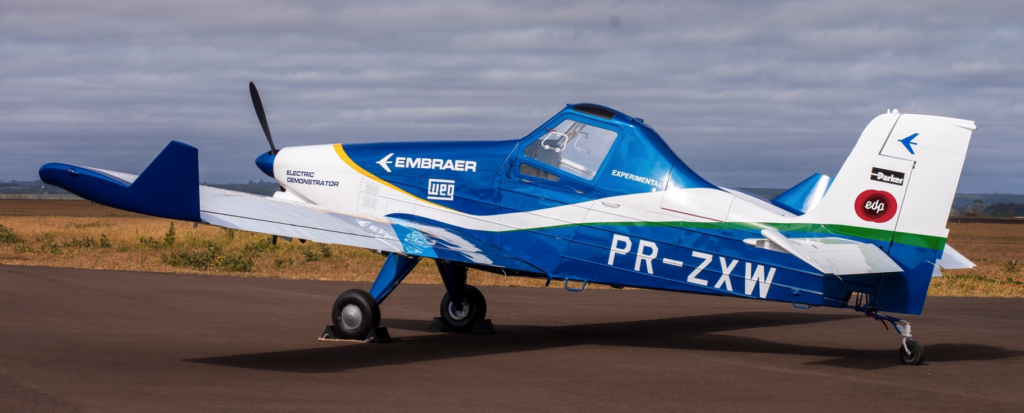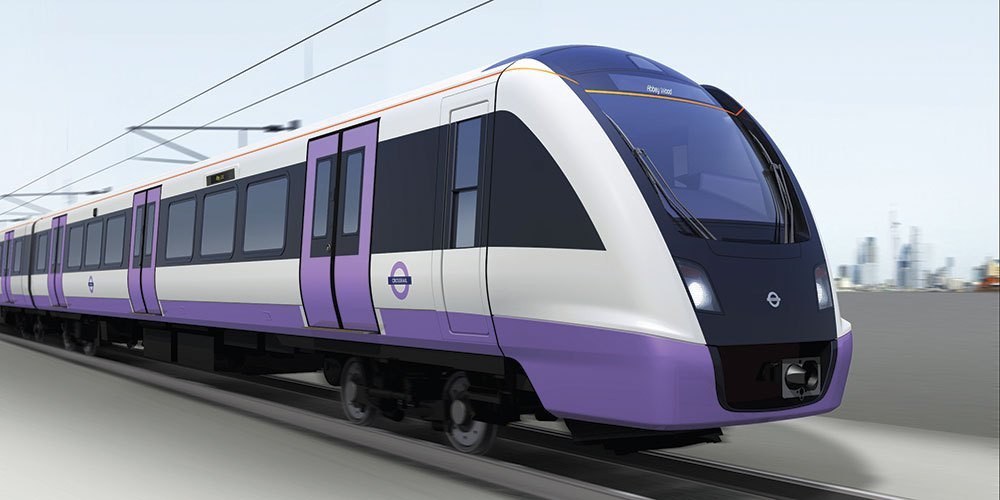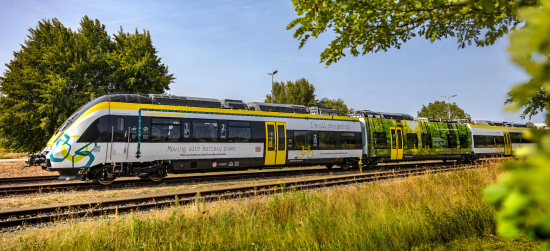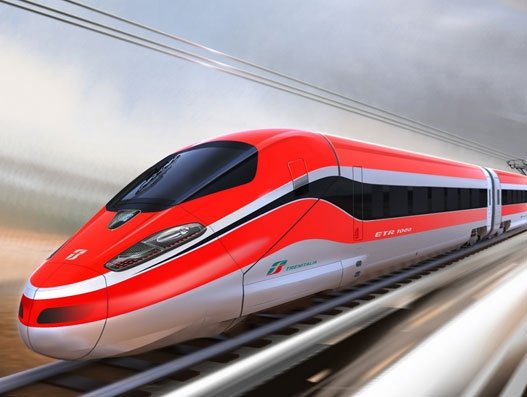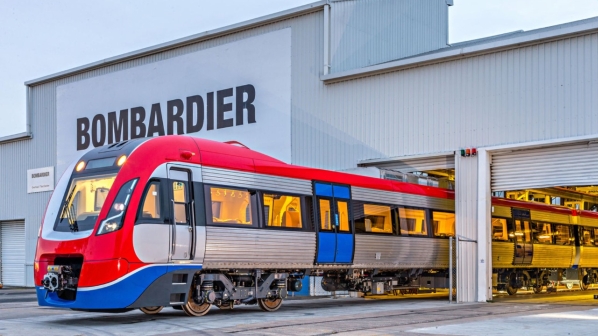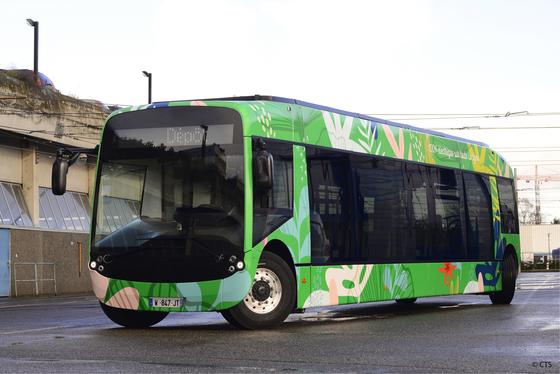Bengaluru, India, 4 July 2023 – Alstom (OTC: ALSMY) , global leader in smart and sustainable mobility, launches its flagship Young Engineering Graduate Program (YEGP) 2023 with a target to onboard 700 young graduate engineers in India over the next two months. This is the highest ever intake under this initiative in the country. YEGP is a key element of Alstom’s India hiring strategy since 2015, aimed at developing young engineers talent for Indian and global business needs. Out of 700 hires, 58% are women engineers in line with the company’s gender diversity focus. Further, the campus hiring has been done from 54 universities across 26 states ranging from several Northeastern states to Gujarat and from Jammu & Kashmir to Kerala in tandem with Alstom’s regional diversity promise. There is a 2x increase vis-à-vis 30 hires from the last year (2022) from the North-eastern states alone.
The 14 days program focuses on providing an immersive and engaging experience to all the YEGs, while helping them get a better understanding of Alstom’s business, operations and functions through close interactions with the leadership team. The candidates are being onboarded as Graduate Engineer Trainees & Post Graduate Trainees will be enabled through structured induction, technical, functional and on the job trainings. They will be taking up roles such as, Application Engineers, Train Control Engineer, Train Design Engineer, Testing & Commissioning Engineer etc. and will be working across Alstom’s six manufacturing facilities and four engineering centers catering to domestic and international markets.
Since its inception, more than 1800 engineering graduates have been recruited under this program in partnership with leading technical/engineering colleges and universities across India. In terms of engineering disciplines, the hires come with engineering specializations in Mechanical, Electrical, Electronics, Instrumentation, Computer Science, Industrial, Mechatronics, etc.
Alstom has also retained its place as the first and only organisation in India to be certified as a Top Employer in the mobility sector consecutively for the third time this year. This is a testament to Alstom’s continued commitment towards creating a better workplace through excellent people practices. To ensure the integration and development of its young recruits, the company counts on a strong internal learning culture. Alstom India is leading globally in terms of learning hours. Through Alstom University, an online learning management system, employees can learn about various subjects for their desired roles at their own pace.
